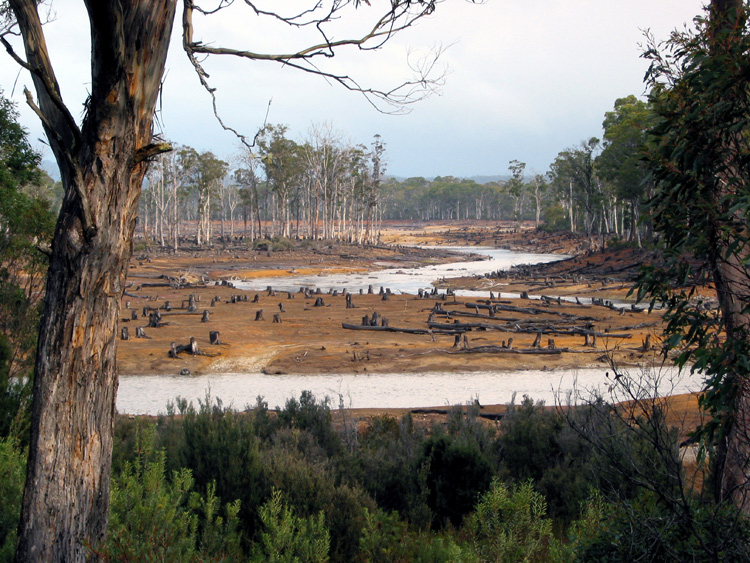
Biodiversity declines as global consumption reaches all-time high May 16, 2012 • We are consuming 50 per cent more natural resources than our planet can sustainably produce Ever-growing demand for resources is putting huge pressure on the Earth’s biodiversity, threatening our future security and well-being, according to the Living Planet Report 2012, released yesterday by the World Wide Fund for Nature (WWF). The biennial survey of the Earth’s health, produced in collaboration with the Zoological Society of London (ZSL) and Global Footprint Network, was launched from the International Space Station by WWF Ambassador and Dutch Astronaut, André Kuipers. “We only have one Earth. From up here I can see humanity’s footprint, including forest fires, air pollution and erosion – challenges which are reflected in this edition of the Living Planet Report,” said Kuipers from his European Space Agency mission. “While there are unsustainable pressures on the planet, we have the ability to save our home, not only for our benefit, but for generations to come.”
Among the report’s key findings: • The global Living Planet Index (LPI) has declined by up to 30% since 1970. According to the global Living Planet Index, declines in biodiversity are highest in low income countries – demonstrating how the poorest and most vulnerable nations are suffering the impacts of wealthier countries’ lifestyles and resource demands.
David Nussbaum, CEO of WWF-UK: “In the UK, rather like the calm at the eye of a storm, we don’t yet see much of the impact of our daily lives on the environment. But we can’t ignore the damage being done elsewhere in the world by the whirlwind consumerism of wealthy countries. “We’re now in the danger zone, exceeding the planetary boundaries for natural capital. If we continue to use up our planet’s resources faster than it can replace them, soon we’ll have exploited every available corner of the Earth.” Jonathan Baillie, conservation programme director with the Zoological Society of London said: “This report is like a planetary check-up and the results indicate we have a very sick planet. Ignoring this diagnosis will have major implications for humanity.”
This year’s Living Planet Report has been released to coincide with the Rio+ 20 Summit, taking place in Brazil from 20-22 June. In 1992, world leaders came together to put in place systems to ensure that we tackled climate change and addressed falling biodiversity levels. Twenty years on from the last Earth Summit, this meeting is a key opportunity for global leaders to renew their commitment to creating a sustainable future. “With every day of inaction, we limit the choices for future generations,” said David Nussbaum. “If we keep running down the stock of natural capital, we’ll hand them a world less able to sustain life and absorb environmental shocks. Since the original Earth Summit, we’ve taken some steps forward, but the pace is glacial. So Rio+20 needs to elevate the urgency of action on the scale needed: now is our chance to reflect whether the future we’re creating for our planet is the legacy we want to leave for future generations.” WWF is calling on the public to show that they care about the planet’s future in advance of Rio+20. To join in with the campaign, visit: www.earthbook2012.org
Comments »
If you enjoyed this article, please consider sharing it:
|









